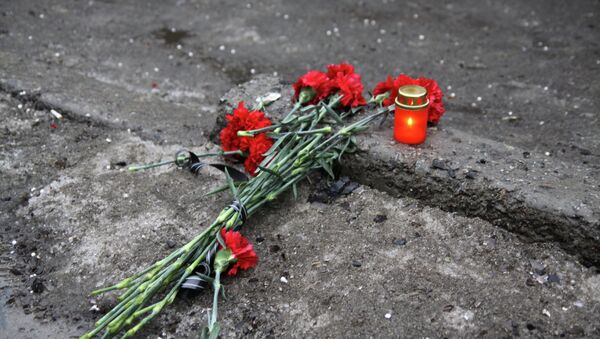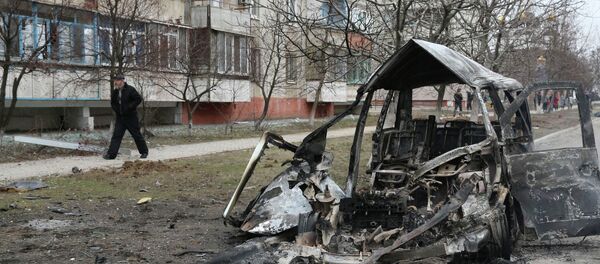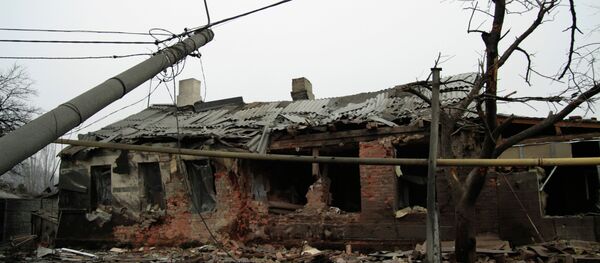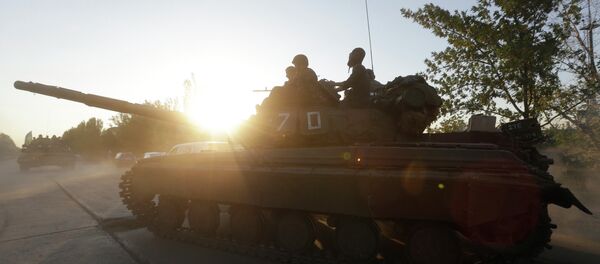“Bus stops and public transport, marketplaces, schools and kindergartens, hospitals and residential areas have become battlegrounds in the Donetsk and Luhansk regions of Ukraine … Any further escalation will prove catastrophic for the 5.2 million people living in the midst of conflict in eastern Ukraine,” Zeid Ra’ad Al Hussein said, in a statement posted on the UN Human Rights Office (OHCHR) website.
The deadliest of these attacks was the shelling of the southeastern city of Mariupol in January, where at least 30 civilians were killed and more than 112 injured.
Ukrainian government’s restrictions on freedom of movement and socio-economic isolation in the eastern regions of the country is leading to a deepening shortage of food, water and electricity, Zeid stated.
The OHCHR calls on states and all those with influence in the region to cease hostilities immediately and ensure full compliance with the Minsk peace accords, as these issues have an urgent and direct bearing on human rights in the area.
On January 31, the latest Contact Group meeting on Ukrainian reconciliation was held in the Belarusian capital of Minsk but yielded no results. The warring sides agreed to a ceasefire in September 2014, but numerous violations have been reported by both sides.





